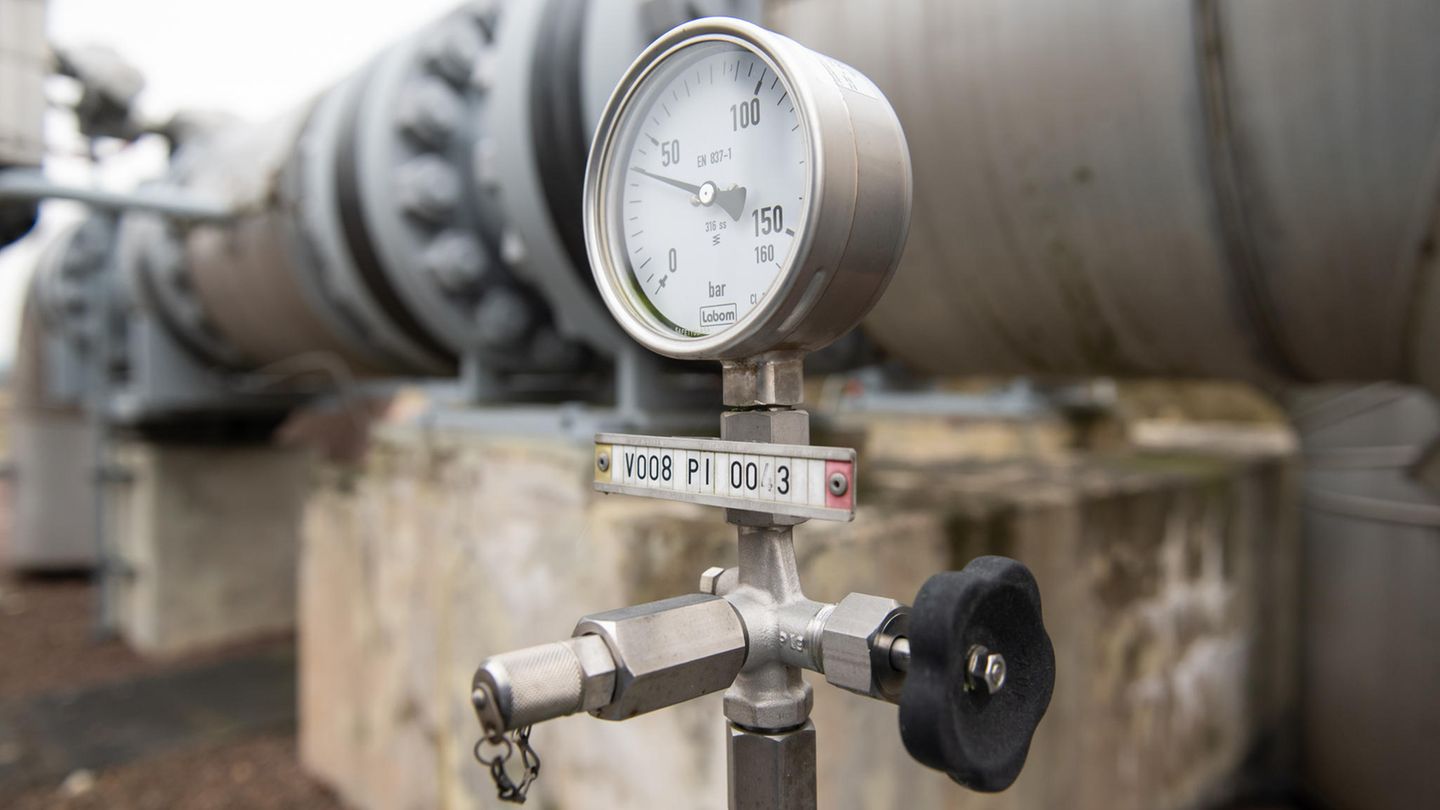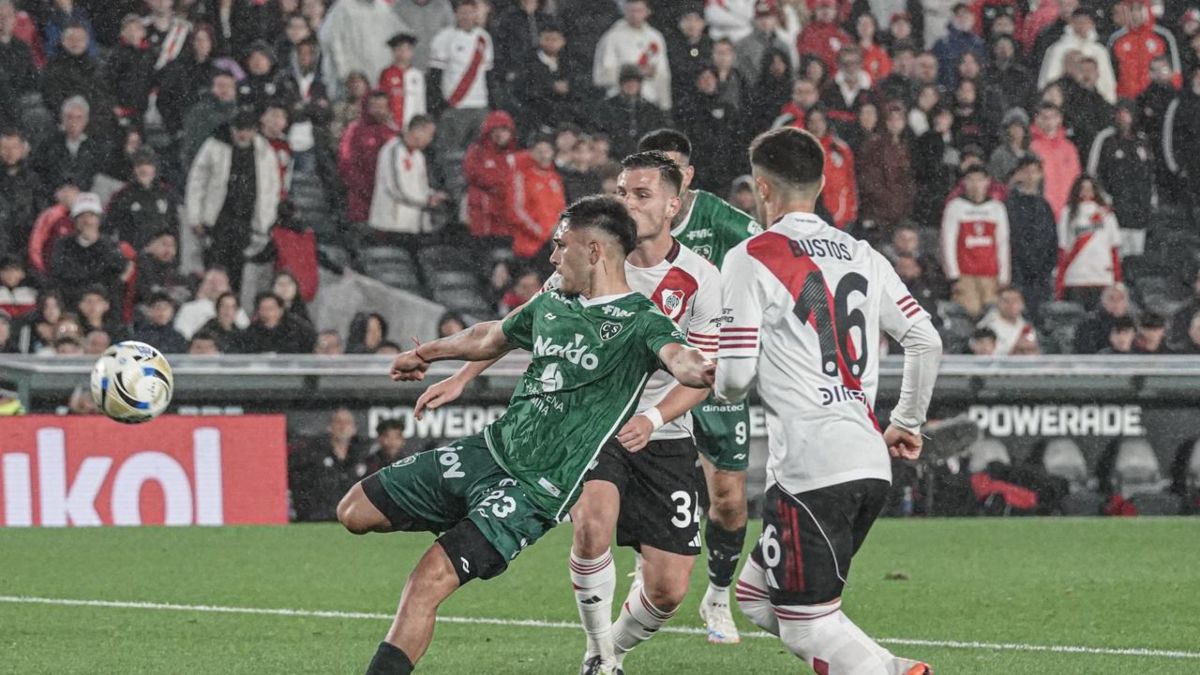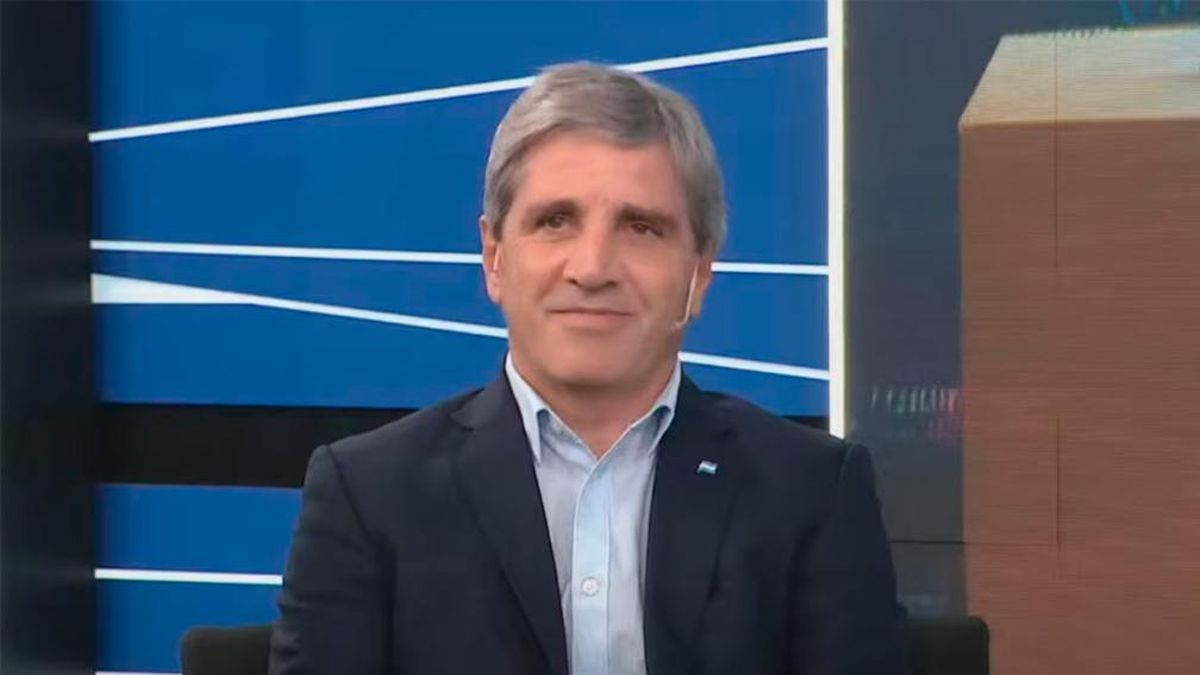According to data from the network operator OGTSU, Ukraine is preparing a transit stop for Russian gas through the Luhansk region in the east that has been announced for Wednesday. According to the Federal Ministry of Economics, however, there are no bottlenecks.
After Ukraine announced on Tuesday that it had to stop the transit of Russian gas in Luhansk due to the war, gas supplies are now being reduced. Only orders from Russian energy giant Gazprom were accepted for the westbound transit through the Soyuz pipeline that day, in which gas is pumped to a station on Russian territory, according to data from Ukraine’s gas network operator OGTSU on Wednesday morning.
News agencies in Moscow also referred to this information. Initially, there was no official notification from the Ukrainian side confirming that the partial transit stop had actually taken place.
Gazprom confirms: less gas routed through Ukraine
According to operator data, a total of 72 million cubic meters of Russian gas is planned to be routed through Ukraine on Wednesday. On Tuesday it was more than 88 million cubic meters. Due to the Russian occupation, it had become impossible to control the Sochranivka point and the Novopskov compressor station, it said. The operator referred to a case of “force majeure”.
Russian energy giant Gazprom has also confirmed that less gas is being routed through Ukraine towards Europe. “Gazprom will deliver 72 million cubic meters of Russian gas for transit through Ukraine on May 11,” company spokesman Sergey Kupriyanov said on Wednesday, according to the Interfax agency. According to him, the day before the order volume was even 95.8 million cubic meters.
Gazprom, in turn, said it had “not received any confirmation of circumstances of force majeure.” The Ukrainians have been working “undisturbed” in Sochranivka in recent weeks.
No bottlenecks in Germany
The freeze on Russian transit gas could also impact supplies in Europe. However, Germany is currently not threatened by bottlenecks, as the Ministry of Economics announced on Wednesday. “The security of supply in Germany is currently still guaranteed,” said a spokeswoman for the German Press Agency in Berlin.
“We are monitoring the situation closely,” said the spokeswoman for the Federal Ministry of Economics. The Federal Network Agency should make an assessment in its daily situation report, which is usually published around noon.
In the upcoming warmer season, Germany will consume less gas. However, the stores have to be replenished for the coming winter. A new law stipulates minimum fill quantities on certain dates: 80 percent on October 1 of a year, 90 percent on November 1 and 40 percent on February 1.
Source: Stern
David William is a talented author who has made a name for himself in the world of writing. He is a professional author who writes on a wide range of topics, from general interest to opinion news. David is currently working as a writer at 24 hours worlds where he brings his unique perspective and in-depth research to his articles, making them both informative and engaging.




